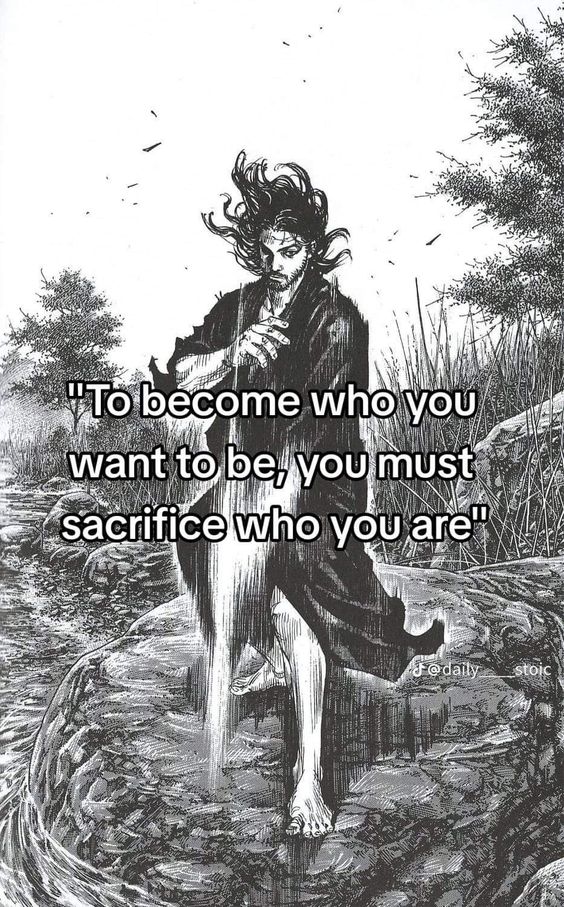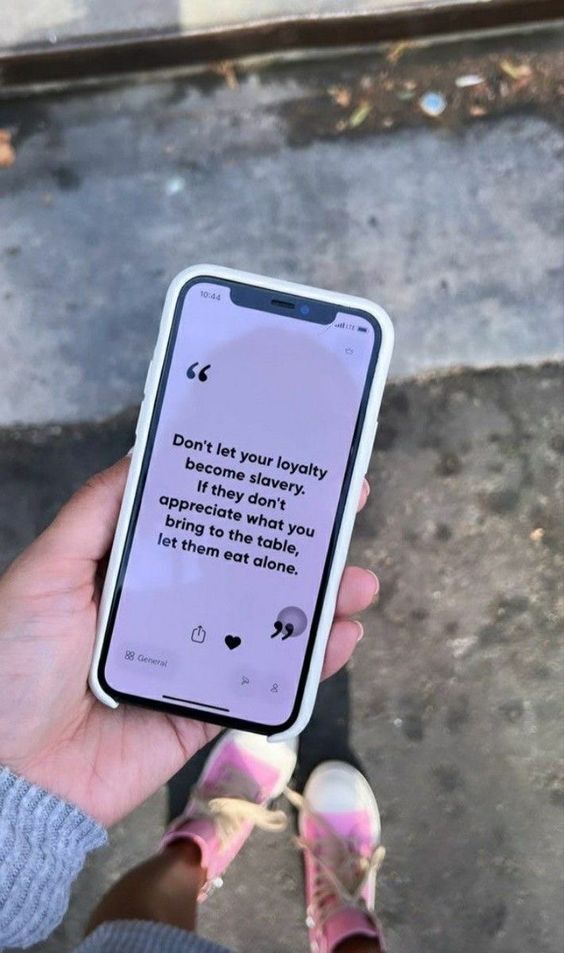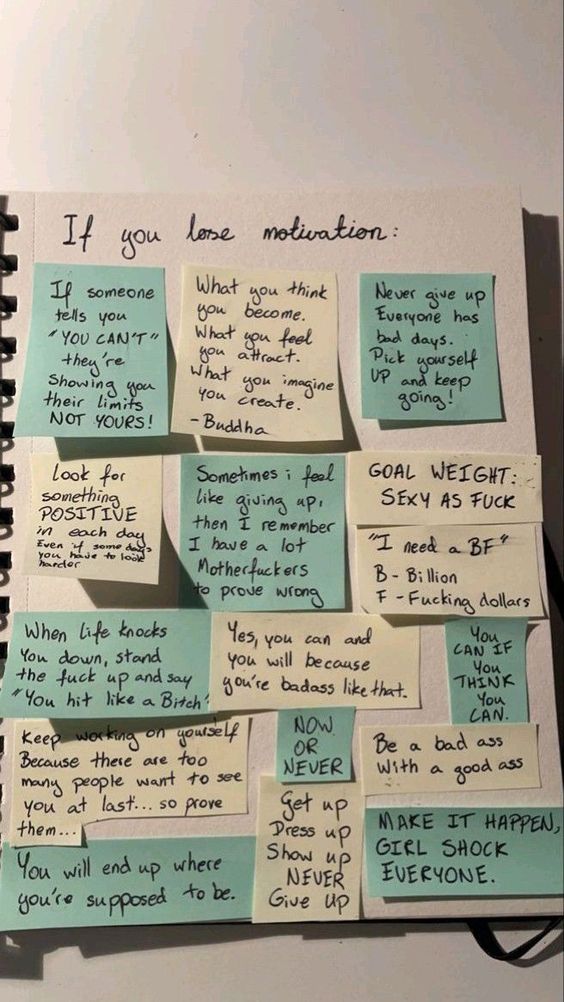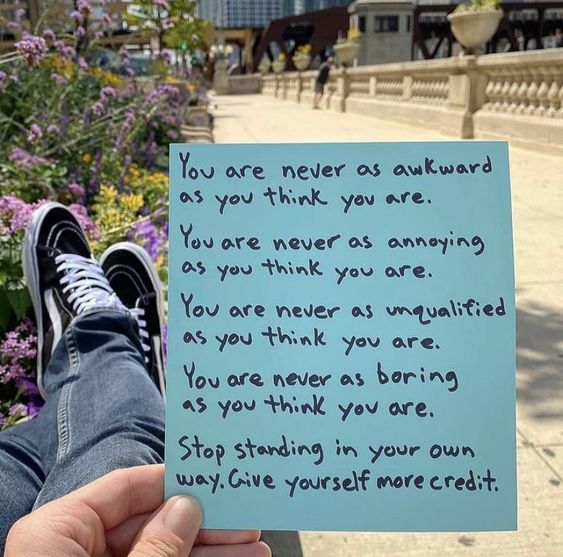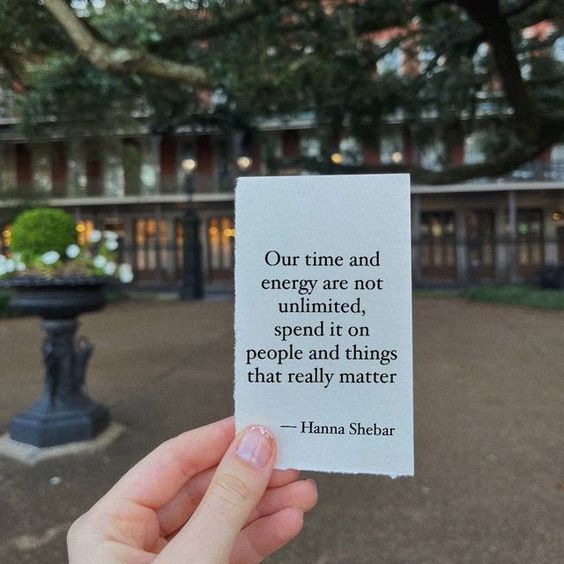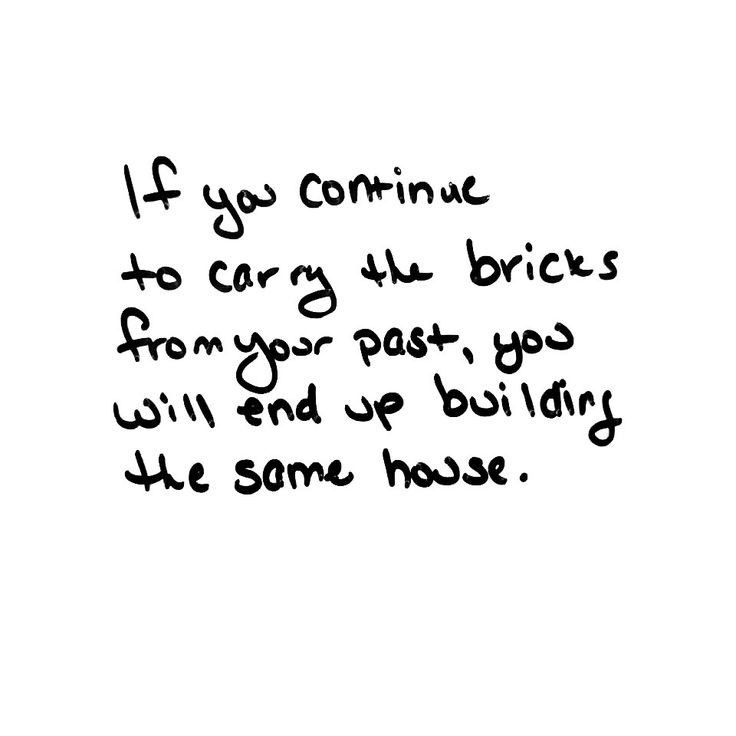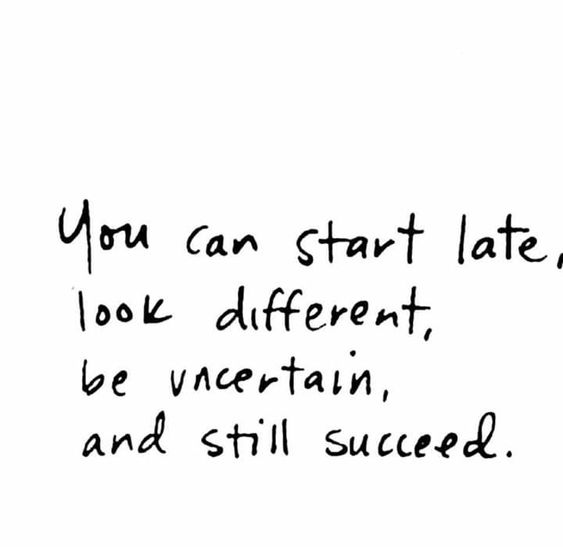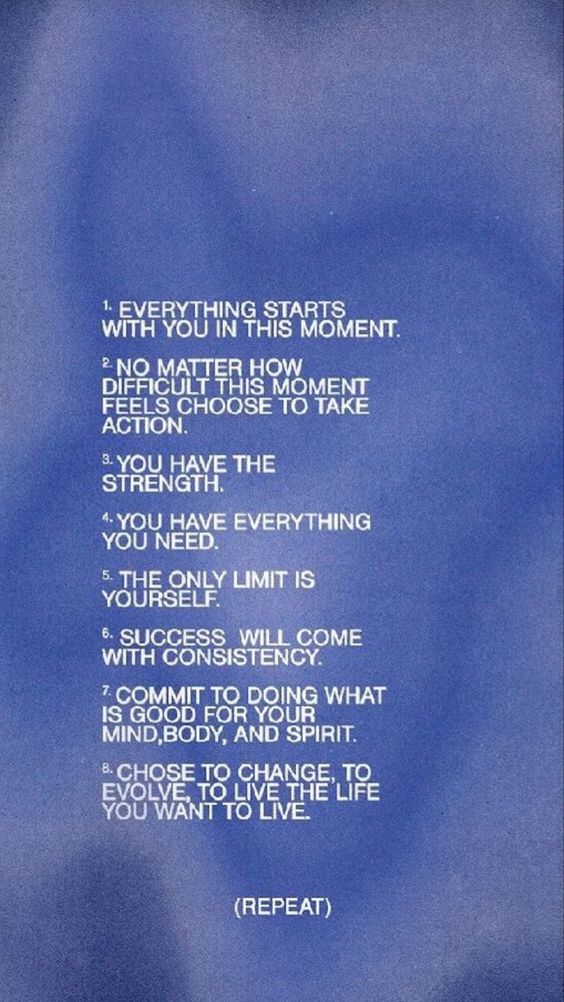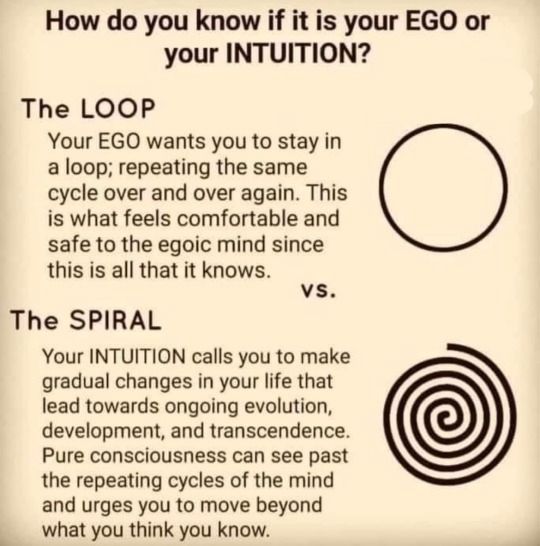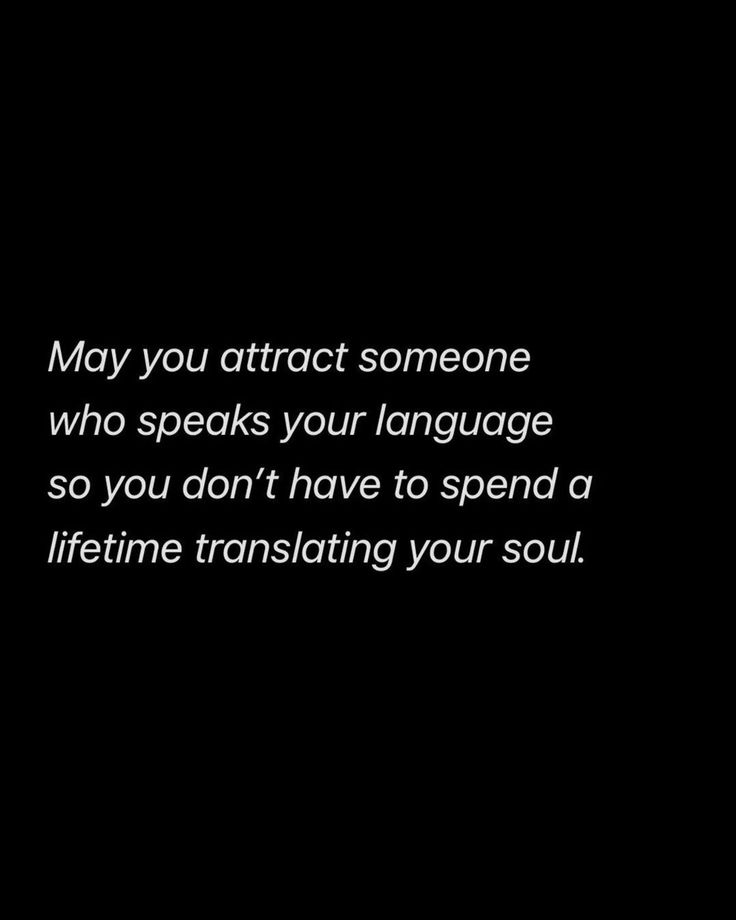Self-Renewal [Book]

Book Overview: This is a book about the importance of renewal for both societies and individuals – and the interdependence between the two to accomplish it. Societal renewal (think government, education, race relations, international affairs), hinges on a creative society, which itself hinges on the capability of individuals to move from apathy to self-renewal. What sounds simple is complicated by entropy, the slowing pace that invariably occurs in societies, organizations, and individuals as they age. Gardner writes, “[V]itality diminishes, flexibility gives way to rigidity, creativity fades and there is a loss of capacity to meet challenges from unexpected directions.” Shocks to the system (think wars, disasters, pandemics, loss of a job) often unlock “new resources of vitality.” How to continually initiate renewal apart from these external prompts is the secret and subject of this book.

